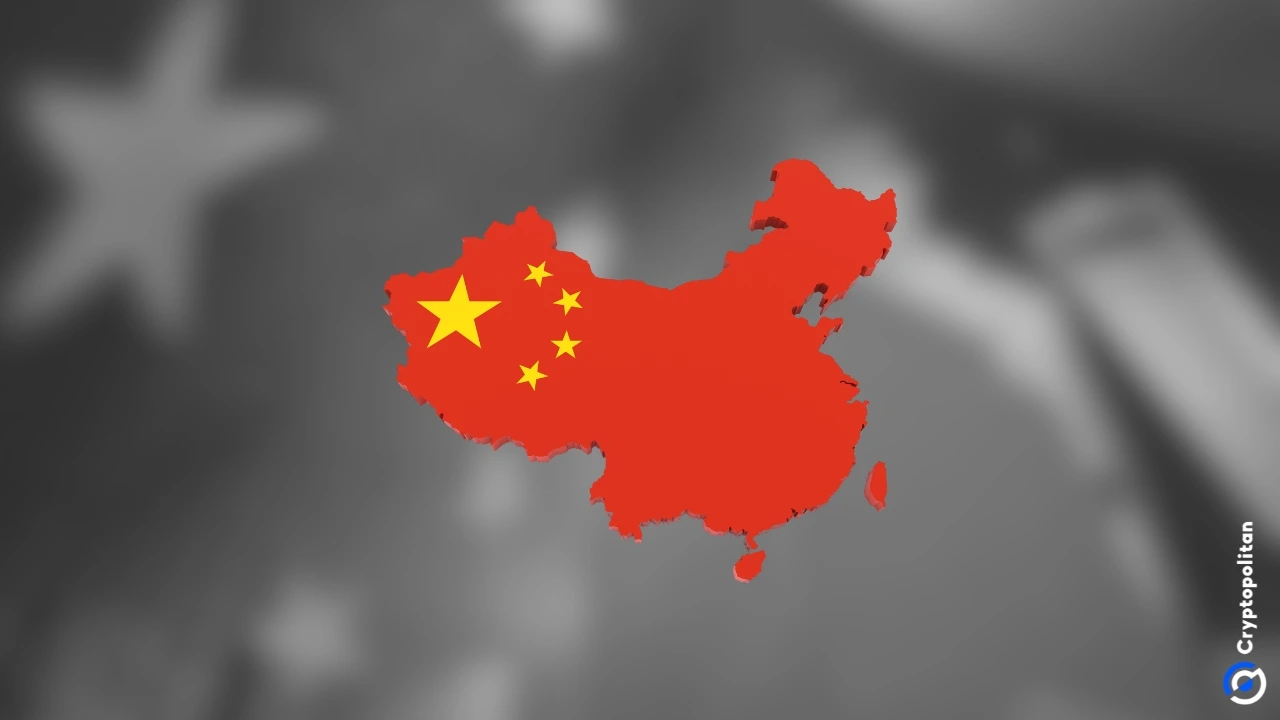China has made economic advancements to boost its ties with Latin American economies. The ties reflect China’s effort to export its way out of a shrinking economy. The Asian powerhouse has initiated infrastructural developments and entered into trade agreements to facilitate its trading activities in the region.
The Chinese administration has shown interest in growing trading relations between China and Latin American countries. The Asian country has initiated economic policies and infrastructure in the Latin American region to boost trade relations in a bid to save its shrinking economy. In two decades, trade between China and Latin America has grown by 25 times.
China heightens bilateral agreements with Latin American countries
Bilateral trade between the Asian economic powerhouse and the region has surged from $12 billion in 2000 to $315 billion in 2020. As of 2022, the trade volume between Latin America and China reached an all-time high of more than $480 billion. Some economists believe the number could grow in the coming years as China intensifies bilateral agreements and trade policies.
Historic Chinese engagement in Latin America has involved five countries, including Ecuador, Chile, and Peru. Ecuador’s former Minister of Production, Trade, Investment, and Fisheries said the relationship between the two countries is pivotal for the success of Ecuador as an agricultural powerhouse.
The former minister highlighted that the deal raises more taxes for the country than exports to other markets. The deal between China and Ecuador promotes a limited tariff or tariff-free environment for 99% of Ecuador’s exports to the Asian economic leader.
Recently, Chinese President Xi Jinping launched a mega port in Peru worth $3.5 billion, the majority of which is owned by the Chinese shipping company Cosco.
Chinese Foreign Ministry spokesperson Lin Jian highlighted that the port will reduce shipping costs by 20% and shorten shipping times by 23 days.
“The first phase of the project, when completed, will reduce the sea shipping time from Peru to China to 23 days, thus cutting logistics costs by at least 20 percent. It is expected to generate US$4.5 billion in yearly revenues for Peru and create over 8,000 direct jobs.”
~ Lin Jian
The port opens China to Latin America through a shipping lane that directly connects the Asian country to the Latin American region. The port is also expected to serve other countries, such as Brazil, a major agricultural and iron ore export powerhouse.
China strengthens trade with Latin America to save its shrinking economy
According to Scholl Chair in International Business, China is attempting to save its shrinking economy by increasing its exports.
William Reinsch believes the economic giant is eyeing other unexplored parts, such as the Western hemisphere, which is rich in commodities, minerals, and agricultural products. The trade between China and Peru has soared, doubling from $11 billion in 2012 to $33 billion in 2022.
The U.S. has raised security concerns that the Chancay Port could be used by Beijing’s navy. The U.S. also reportedly raised concerns over China’s increasing role in Peru’s development.
The news comes as President-elect Donald Trump promised to increase tariffs, especially on Chinese goods. Trump has proposed tariffs between 60% and 100% on Chinese goods as well as taxes between 10% and 20% on every import from U.S. trading partners.
Land a High-Paying Web3 Job in 90 Days: The Ultimate Roadmap





